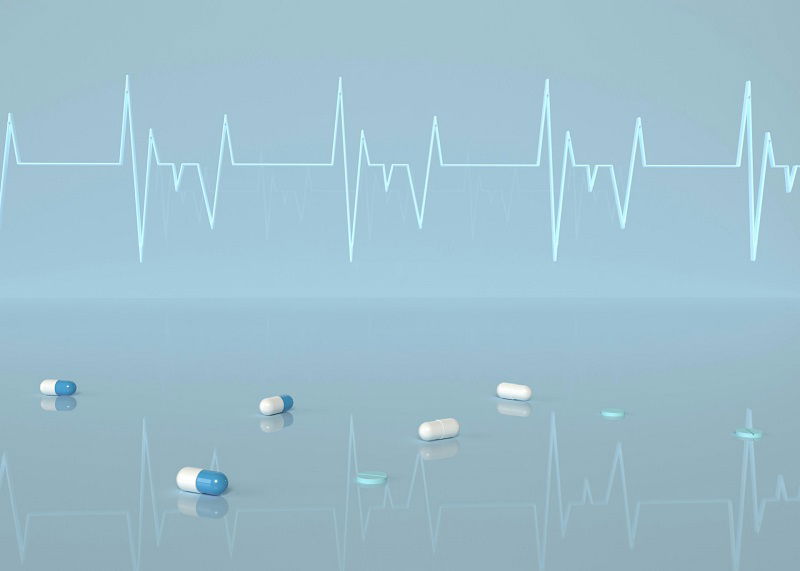High blood pressure, also called hypertension, is a common health problem that affects many people around the world. It happens when the force of your blood pushing against the walls of your blood vessels is too strong. This can increase the risk of heart attacks, strokes, and kidney problems.
To treat high blood pressure, doctors often prescribe medications. One popular medicine is called chlorthalidone, which helps lower blood pressure. However, new research from Columbia University suggests this drug might have some serious side effects.
### Understanding High Blood Pressure
To understand this better, let’s first look at what high blood pressure does. You can imagine your blood vessels as roads and your blood as cars. When everything moves smoothly, there are no problems. But if the cars go too fast—like when blood pressure is too high—there’s a bigger chance of accidents. In the body, this can mean damage to the heart, brain, or kidneys.
That’s why doctors try to lower high blood pressure using medicine, better eating habits, exercise, and less stress.
### New Study Insights on Blood Pressure Medications
In the new study, scientists looked at health data from over 730,000 people who used blood pressure medicine for 17 years. They focused on two common drugs: chlorthalidone and hydrochlorothiazide.
Both drugs helped lower blood pressure and protected people from heart problems and strokes. But the study found important differences in the side effects of these drugs.
Researchers discovered that people who took chlorthalidone were almost three times more likely to experience a condition called hypokalemia. This means they had low levels of potassium in their blood.
### Why Potassium Matters
Potassium is a mineral that helps your muscles and nerves work well, especially your heart. When potassium is too low, people might feel weak, tired, or even have heart issues.
In the study, 6.3% of people taking chlorthalidone had low potassium, while only 1.9% of those taking hydrochlorothiazide did.
The study also found that chlorthalidone caused more problems with electrolytes. Electrolytes are minerals in the body, like sodium and potassium, that keep your heart and muscles working properly.
People who took chlorthalidone also had a higher chance of kidney problems. Your kidneys help remove waste and keep your body’s fluids balanced. If they don’t work well, it can lead to serious health problems.
### What This Means for You
This doesn’t mean everyone who takes chlorthalidone will get these side effects. Many people use it without problems. But these findings may make doctors think more carefully before prescribing chlorthalidone, especially when other drugs might be safer.
If you take medicine for high blood pressure, it’s important to see your doctor regularly. If you’re taking chlorthalidone, your doctor might check your potassium levels and kidney function to make sure everything is okay.
**Important:** Don’t stop taking your medicine without talking to your doctor first.
### Other Ways to Control Blood Pressure
Besides medicine, there are other ways to help control blood pressure:
– Eating healthy foods like fruits and vegetables
– Cutting back on salt
– Regular exercise
– Drinking less alcohol
– Quitting smoking
– Managing stress
Doing calming activities such as walking, meditation, or listening to music can also lower stress and support heart health.
### Ongoing Research and Staying Informed
Scientists will continue studying medicines like chlorthalidone to ensure they are safe and effective. If you or someone you know uses this drug, the most important thing is to stay in touch with your doctor and speak up if you feel unwell. Being informed helps you take better care of your health.
If you care about blood pressure, consider reading about recent studies that challenge conventional blood pressure guidelines and highlight breakthroughs in treatment.
For more information, you might also find these studies helpful:
– A widely used blood pressure drug may increase eye disease risk
– Common blood pressure drugs linked to cognitive decline
Stay proactive about your health and always discuss any concerns with your healthcare provider.
https://knowridge.com/2025/10/is-your-blood-pressure-medicine-safe-what-you-need-to-know-about-chlorthalidone/
